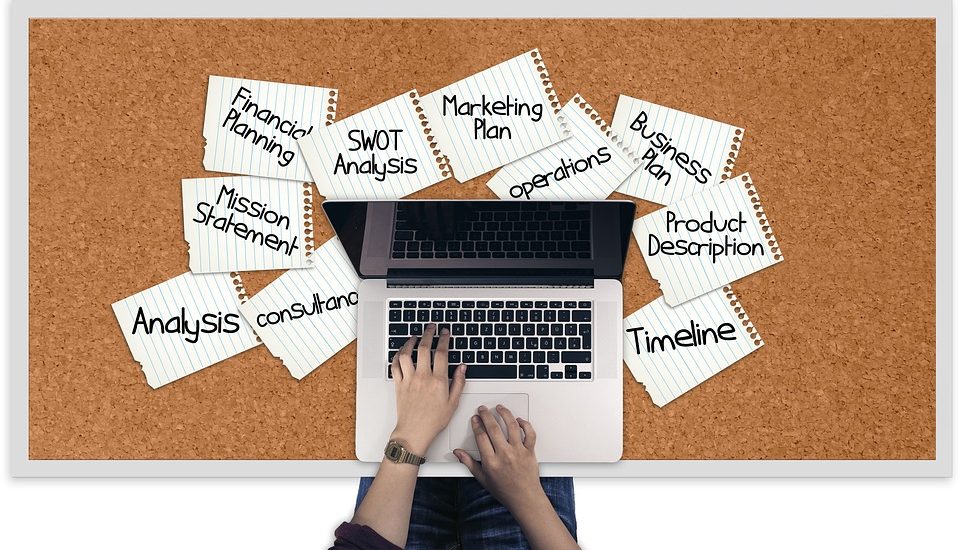Great communication skills can take you far in your career as well as improve your personal relationship with other people. Esteemed social skills, on the other hand, can overall enrich your professional and personal life—increase career growth opportunities and develop new and lasting relationships with people you know.
If starting and keeping a conversation going makes you anxious, that could mean you have social skills issues. Being awkward at social events and too shy to approach other people to converse with can greatly affect both your career and social life.
Aim to improve your social skills for it can greatly benefit you: less stress in social situations = better mental health. This soft skill can be learned. Here are a few tips on how you can increase your level of social skills and be more comfortable in social situations.
Learn how to read nonverbal communication
Nonverbal communication or your body language and facial expressions are just as important, if not more so than verbal communication.
Being aware of other people’s body language and learning how to read them can help you understand them further. Often, people’s nonverbal communication doesn’t match what they’re saying so it’s important that you know these subtle signs. Do also be more aware of your own nonverbal cues. Body language speaks more and truthful than any words can say.
Fake it and you’ll make it
No matter how cliche it is, the phrase proves to be true and effective. If you feel short on confidence and feel a little awkward in social gatherings, push yourself and wear a thin mask to cover those anxiety-inducing attributes and exude a more esteemed character.
This works well when you’re in a setting full of people you’ve never met before. Since they don’t know who you are, how you are, and what you are, it’s easier to wear a mask and make the move to enter conversations.
Compile a number of conversation starters
You can never go wrong in preparing a number of icebreakers to start a conversation. There are a lot of topics to begin a conversation with such as movies, TV shows, subject-related topic, current news and events, and the likes. You can also share a story related to the subject matter if you have any.
Practice, practice, practice
The only solution to get more comfortable chatting with people and engage in social gatherings is to practice your social skills in real life—not on Facebook or thru other forms of chat or social media applications. Albeit these are helpful for starters, it is essential that you practice your social skills in real life.
Approach your coworkers, participate in social interactions, chat with a stranger or a waiter and talk about what a pleasant day it is. These are small steps to improving your social skills and ace your small talk to holding a longer conversation.
Be an active listener
This is the most important and game-changing skill every great communicator has and those with low-level social skills need to learn: being an active listener.
Active listening means giving all your attention to the speaker—understanding what they’re saying, make eye contact, express understanding and interest in what they’re saying, and repeating in paraphrasing what they’ve shared with you. If you’re constantly one-upping the speaker, interrupting them, and showing little interest to what they have to say, that’s some poor listening skills you ought to work on.
Improving your social skills require lots of practice and awareness. Harness this skill in your day-to-day life and you’ll see how much it can greatly enrich your life.
About the author: Aside from providing tips and hacks in personal and career development, Chie Suarez is also a resident writer for The Fordham Company—one of Australia’s top celebrity management companies and a major celebrity speakers bureau.

